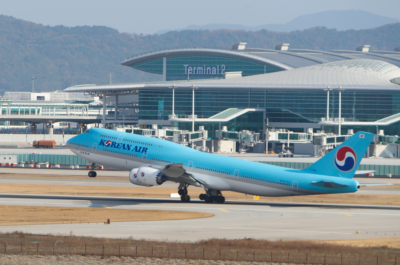…
China’s travel industry insiders are still coming to grips with the country’s new public holiday schedule, re-emphasizing traditional festivals at the expense of the former week-long May Day celebration, the affect of which are still to be determined.
Under the new schedule that comes to effect as of 2008, the number of annual holidays rises from ten to 11. Chinese New Year, which usually falls in late January or early February, and China’s National Day, which falls on Oct. 1, will each retain three days of national holidays. As before, these holidays will expand to seven-day “Golden Weeks” through the practice of rearranging weekends of the period around the public holidays.
The previous 3-day May Day holiday is now trimmed into one day holiday on May 1st, while the Tomb Sweeping Festival in April, the Dragon Boat Festival in June and the Mid Autumn Festival in September, will each become one-day public holiday.
At the same time, each employee that has at least one year working experience is entitled to paid annual leave. The entitlement ranges from five to 15 days annually, depending on seniority.
Glen Hingley, Managing Director of Asia Tourism Relations, the region’s tourism and travel consultancies, said the in the past the 7-day May Day holiday was a peak season for China’s domestic and outbound travel.
“More public holidays scattered around the year and the annual leave make travel a more personal choice,” Hingley said. “The trimmed May Day holiday and flexible paid annual leave help address the severe overloading of China’s air, rail and road links, at the same time the majority of Chinese people now can choose when to use their annual leave and spend their holiday.”
Hingley pointed out that with the Chinese economy keeping a stable growth and Chinese people having more holidays and annual leave, China’s outbound travel will keep a strong momentum. The retaining National Day and Chinese New Year Golden Weeks will remain as peak seasons, however Chinese tourists arriving in the rest of the year will naturally increase as they are now entitled to paid annual leave.
In the wake of the China’s recent announcement of the new public holiday schedule, many travel agencies have decided to promote some flavorful 1-3 day tours around cities. However outbound travel remains undisturbed.
Experts said changes in holidays are another measure of how the country’s economic modernization is remaking Chinese society. Some hail the changes as a boost for traditional culture, while others call for the system to be scrapped completely in favor of letting people choose their own holidays.
In 1999, China decided that longer vacations would encourage people to spend money. The Chinese New Year, Labor Day and National Day breaks were lengthened to full weeks called “Golden Weeks.”
The official Xinhua News Agency said during the May Day Golden Week in 2007, a new record of 179 million Chinese travel domestically and abroad, up 22.7 per cent increase over the same period in 2006. Tourists spent 73.6 billion yuan (US$10 billion) in the period, up 25.8 per cent over the same period in 2006.
The surge of travelers during one time caused jammed planes, trains and buses, overbooked hotels and damage to historic and natural sites. Fed up, many better off Chinese are traveling abroad over the three Golden Weeks to avoid the hordes at home.





















































